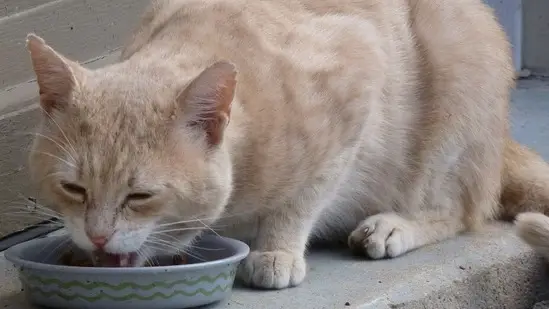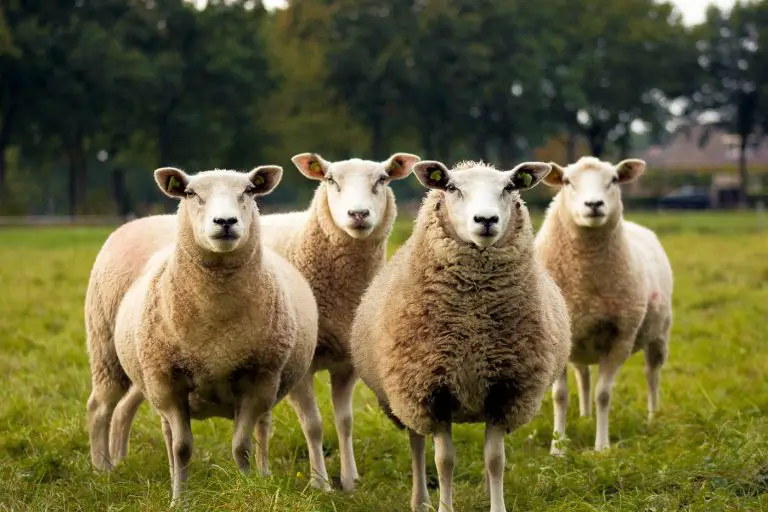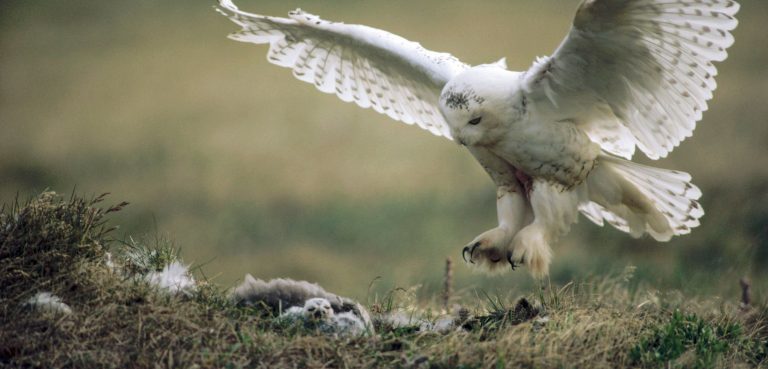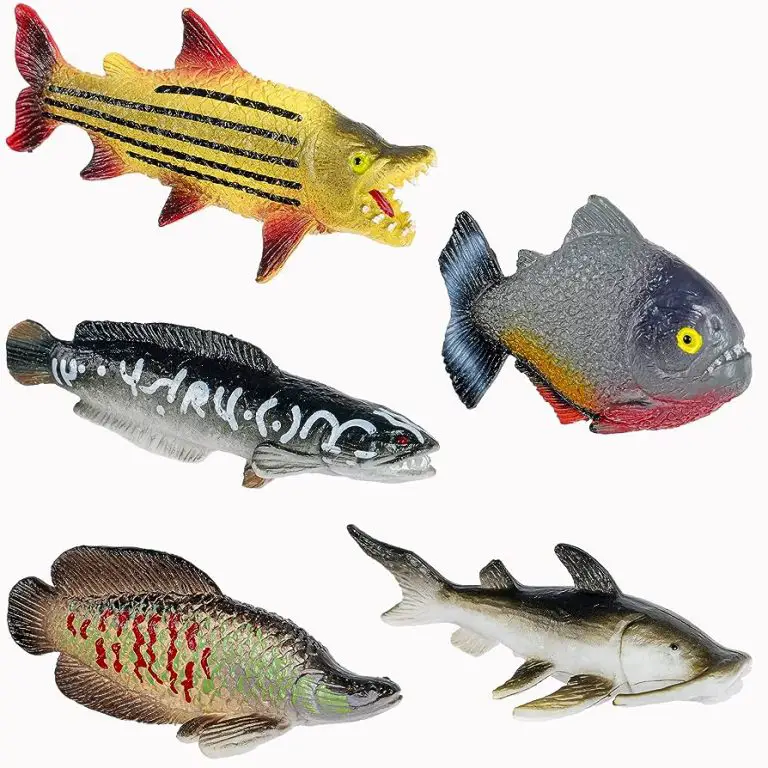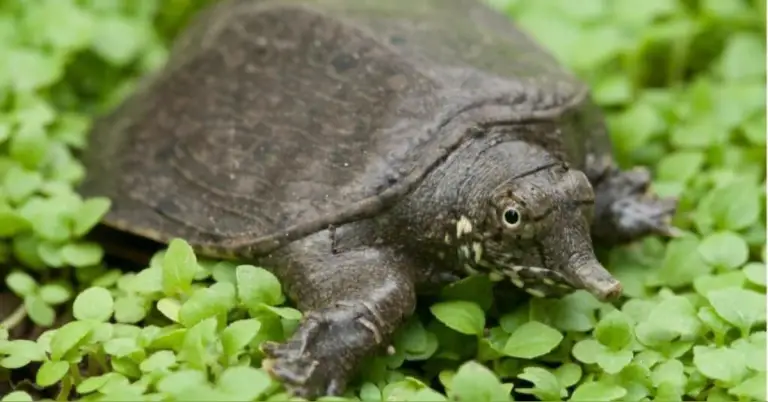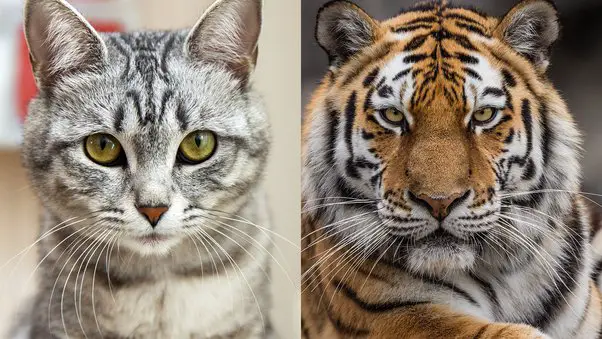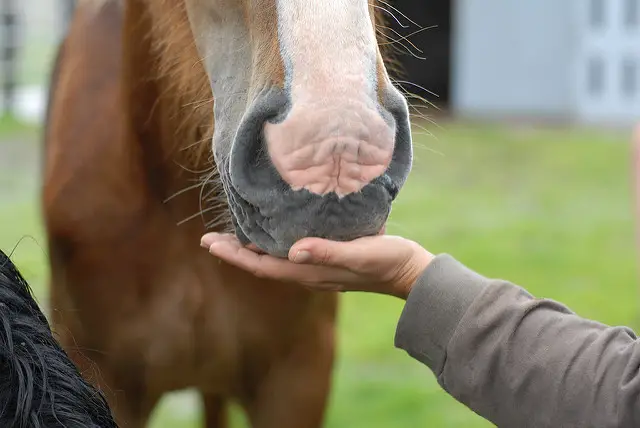The Truth About Cats: Do They Live Longer on Wet Food?
Cats do not necessarily live longer on wet food. The type of food does not directly impact their lifespan.
However, feeding cats wet food has several health benefits. Wet food helps maintain hydration, promotes urinary tract health, and reduces the risk of obesity. It is important to provide a balanced diet that meets their nutritional needs, regardless of whether it is wet or dry food.
Keep reading to learn more about the factors that influence a cat’s lifespan and the advantages of incorporating wet food into their diet.
Wet Food’s Role In Feline Health
Wet food plays a crucial role in maintaining feline health. One of the major advantages of wet food is its nutritional benefits. It provides essential nutrients such as high-quality proteins, healthy fats, and vital vitamins and minerals that are necessary for cats’ overall well-being.
Moreover, wet food has a higher water content compared to dry food, which helps keep cats hydrated. Proper hydration is vital for their organ function, digestion, and overall health. Adequate hydration can potentially increase a cat’s lifespan and reduce the risk of various health issues, including urinary tract problems and kidney disease.
Comparing the impacts of dry food and wet food, wet food has several advantages. Its moist texture is easier for cats to chew, especially for those with dental problems or missing teeth. Additionally, wet food tends to have a lower carbohydrate content, which can be beneficial for cats that need to lose weight or manage certain medical conditions.
In summary, wet food not only provides essential nutrients but also helps keep cats hydrated, potentially contributing to a longer and healthier life for our feline companions.
:max_bytes(150000):strip_icc()/cat-eating-watermelon-getty-0719-c08ddf429776436e9fedaa2b7d2e8598.jpg)
Wet Food Versus Dry Food Debate
When considering the age-old debate of wet food versus dry food for cats, it is important to understand the impact of key ingredients in both varieties. Wet food, which typically contains higher moisture content, can provide essential hydration to support a cat’s overall health. It often includes real meat as a primary ingredient, ensuring a high protein intake for feline friends. On the other hand, dry food offers convenience and dental benefits, as the harder texture can help reduce plaque buildup. However, it is important to evaluate the quality of ingredients, as some dry food brands may contain excessive amounts of carbohydrates that can lead to weight gain and potential health issues.
Understanding a cat’s digestive health is crucial when determining the right food choice. Cats are obligate carnivores, meaning their digestive system is designed for animal protein. Wet food provides a closer match to a cat’s natural diet, potentially contributing to better overall digestion. Moreover, the moisture content in wet food can ease digestion and reduce the risk of urinary tract problems.
Evaluating the longevity claims associated with different food types is vital. While there is no definitive evidence to prove that wet food alone directly determines a cat’s lifespan, proper nutrition plays a significant role in overall health. A balanced diet, regardless of wet or dry food, that includes essential nutrients, vitamins, and minerals, can support a cat’s longevity. Regular veterinary check-ups, exercise, and a loving environment are equally essential factors to consider for a cat’s overall well-being and lifespan.
Implementing A Wet Food Diet
Transitioning your cat to a wet food diet can have a positive impact on their health and potentially even extend their lifespan. Wet food provides essential hydration that is often lacking in a dry food diet, reducing the risk of urinary tract issues and kidney disease.
To successfully transition your cat to wet food, it is important to do so gradually. Start by mixing a small amount of wet food with their regular dry food, gradually increasing the proportion of wet food over time. This helps to prevent any digestive upset and allows your cat to adjust to the new diet.
When transitioning, it is common for cats to experience challenges such as refusal to eat or finicky behavior. Patience is key during this process, and you can try offering a variety of wet food flavors and textures to entice your cat. Additionally, ensuring that the wet food is served at room temperature can make it more appealing.
While wet food can provide numerous benefits to your cat, it is important to balance their diet with other nutritional needs. Consult with your veterinarian to ensure your cat is receiving the appropriate balance of nutrients, vitamins, and minerals.
Frequently Asked Questions For Do Cats Live Longer On Wet Food? The Truth!
Do Cats Who Eat Wet Food Live Longer?
Cats that eat wet food may live longer due to the balanced nutrition it provides, promoting overall health. Wet food helps prevent dehydration and maintain a healthy urinary tract.
Is It Ok To Give A Cat Wet Food Every Day?
Yes, it is okay to give a cat wet food every day. Wet food provides hydration, can be more appealing to picky eaters, and can be beneficial for cats with certain health issues. However, it’s important to consult with a veterinarian to ensure the cat’s specific dietary needs are being met.
What Is The Best Diet For Cats To Live Longer?
The best diet for cats to live longer is a high-quality cat food that meets their nutritional needs, including a balanced mix of proteins, fats, and carbohydrates. Avoid overfeeding and provide fresh water at all times. Regular vet check-ups are important to ensure overall health.
Do Cats Need More Wet Food As They Get Older?
Yes, cats need more wet food as they age due to their changing nutritional needs. Wet food helps prevent dehydration, aids in digestion, and provides hydration for older cats. It’s important to consult with your veterinarian to determine the appropriate diet for your cat’s specific needs.
Conclusion
To sum up, choosing the right food for your cat is essential for their overall health and longevity. While wet food offers numerous benefits such as higher moisture content and lower carbohydrate levels, it doesn’t necessarily guarantee a longer life for your feline companion.
Factors like genetics, exercise, and regular veterinary care also play a crucial role. Consider consulting with your veterinarian to determine the best diet for your cat’s specific needs.

